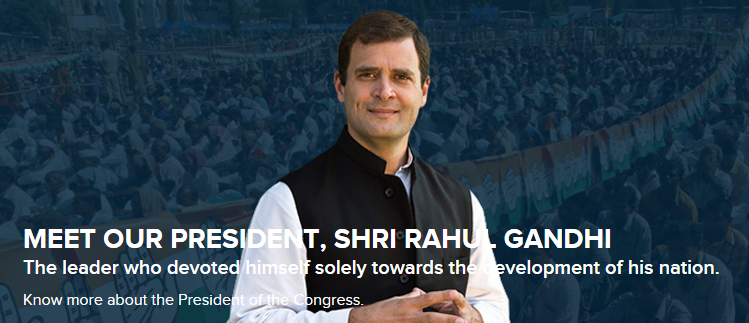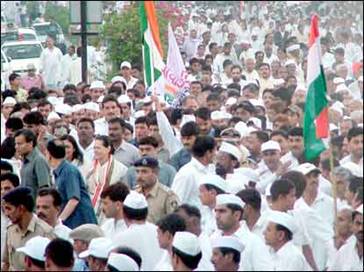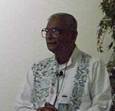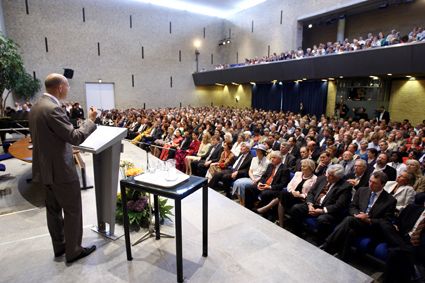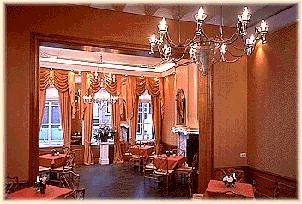Feeling Europe was priviliged to be present at a lecture by Sonia Gandhi: “Living Politics, What India has taught me”. The lecture was organised by Nexus Institute in 2007. In the announcement Nexus wrote:
“As president of the Indian National Congress and chairman of the governing coalition,
the United
Progressive Alliance (UPA*)
Sonia Gandhi act at
this moment as an
influential national
and party leader. She fights
for the preservation
of India as a secular
state with a democratic
government, as a
tolerant society which
combines
compassion
with competence,
equity with excellence.
She started political reforms concerning the
combat of poverty and social discrimination,
with a
strong feeling of justice as motive
and believe in
human dignity. In her role
as
politician,
she bridges ethnic, religious
and cultural
boundery lines in
India and
she strives
after maintenance and
advancements of
the humanistic and
pluralistic
heritage of
Mahatma Gandhi.”
I recognize many similar political and social ideals. The personal toned lecture of the influential national and party leader strengthens that opinion. The sovereign social secular democratic republic is pluriform, like a thali. Also resembling phylosophies of life are present: cherishing values, ethos (practical skills and wisdom, virtue and goodness, goodwill towards the audience) and developing inner person, so that the human beings lives in harmony with other human beings, with Nature and with the rest of creation.
“Living Politics, What India has taught me”:
Congress president Sonia Gandhi, who renounced Prime Ministership after 2004 polls, said India has taught her that “politics is not just the art of possible, it can also be the art of the impossible”. ”The plain fact is that power for itself has never held any attraction for me. My aim in politics has always been to do whatever I can in my own way to defend the secular democratic foundation of our country and to address the concerns and aspirations of the many whose voice often remains unheard” |
|
Gandhi prefaced her remark by saying that she has often been asked why she turned down the Prime Ministership after being unanimously elected as the party leader in parliament. "I always knew in my heart that if I ever found myself in that position I would decline the post of Prime Minister," she said adding that she told her colleagues that "it was dictated by my inner voice".
Indeed that voice has been my wisest guide in my political life," she said. Turning to the issue of faster growth and social equity, it was not a matter of choosing one over the other. "Growth without equity leads to destabilise society while equity without growth simply cannot be sustained."
Gandhi said, that democracy over the years has made India much more egalitarian but also gave new power to some old forces "that sought to polarise and mobilise communities along religious lines." They threatened the very essence of India, the diversity of faith and cultures, languages and ways of life that have sprung from its soil and taken root in it.
The Indian National Congress found itself in the midst of uncertainty and turmoil. In 1996, it lost the national elections. Pressure begin to build up across the country urging me to emerge from my seclusion and enter public life.
Describing the 'Incredible India' , it is a land that has given rise to four of the world's major religions. It is home to the world's second largest muslim population. It welcomed christianity long before Europe embraced it. "It offered refuge to people fleeing from religious persecution, whether they be jews or zoroastrians. It is a land comprising different ecological and cultural regions, each with its own distinctive history. India is thus a multi-religional civilisation without parallel”.
She said India is a secular country. "For us the term secularism means equal respect for all religions. Our nation is founded on the conviction that all Indians must be free to practise the religion of their choice, to speak and write in their native language to give expression to their own regional ethos and culture".
Finally Gandhi said, the Indian experiment is a glorious example that unity can be also be based on the values of pluralism and multi-culturalism. |
